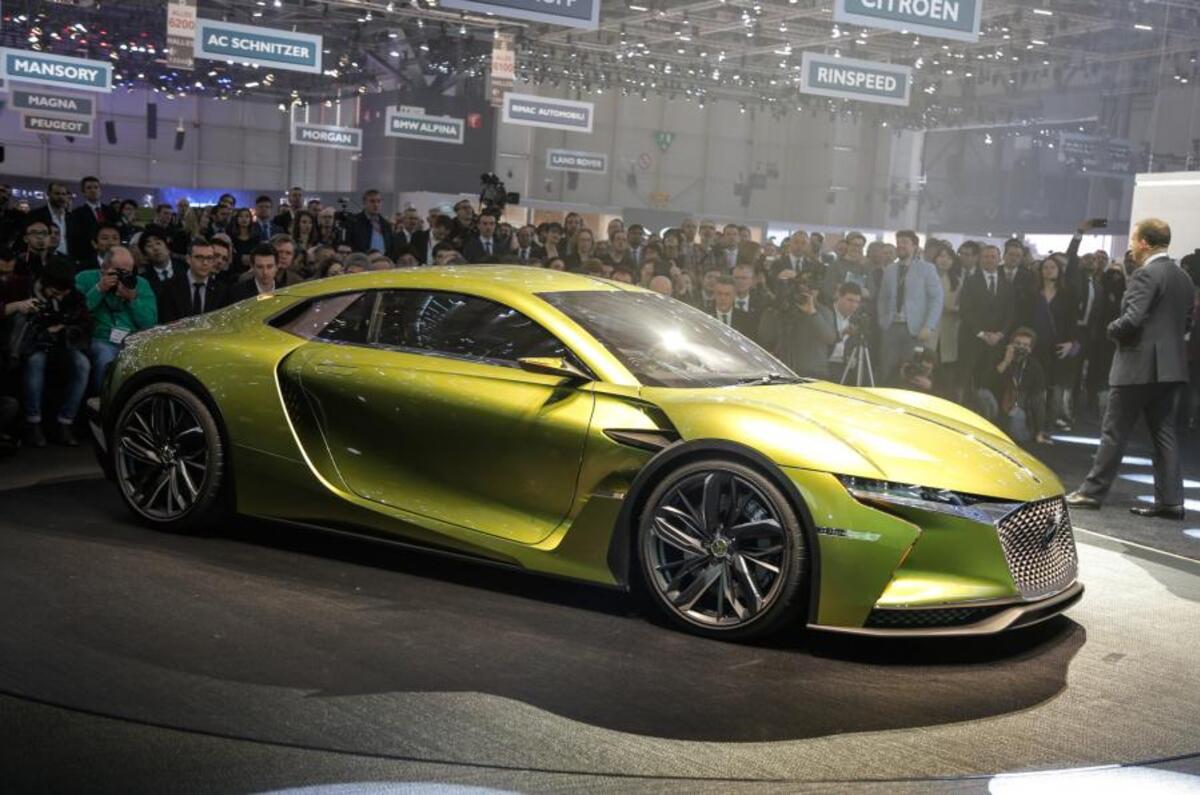The PSA Group’s next electric passenger vehicle will be an electric version of the next-generation Peugeot 208.
This will be revealed at the 2018 Geneva motor show and go on sale in the second half of 2019.
Thus far, PSA's most notable foray into electric cars was with the Citroën C-Zero and Peugeot iOn, rebadged versions of the Mitsubishi i-MiEV, in 2011.
Kicking off PSA Group’s latest electric push will be electric versions of the Citroën Berlingo Multispace and Peugeot Partner in the second half of 2018.
Meanwhile, a plug-in hybrid variant of the Peugeot 5008 will be launched at the end of this year. It will be one of the first mainstream large SUVs to offer a PHEV variant.
Also revealed in PSA's four-year plan is the release of the next C4 Cactus, which arrives in early 2018, a C5 Aircross PHEV in the second half of 2018 and a DS 3 Crossback, complete with full electric variant about a year later. Finally, an electric variant of the 2008 SUV will be released in 2020.
What could prove to be one of the most expensive cars in the PSA portfolio will be a DS saloon, due in 2019, to rival the Audi A4, BMW 3 Series and Mercedes-Benz C-Class. This car will likely replace the DS 5. That model was introduced in 2011 as a Citroën but rebadged a DS with the separation of the luxury brand in 2015. The new DS saloon will almost certainly have at least a PHEV variant and perhaps also an electric version, although the product plan doesn’t specify either.
Read more:
PSA Group's purchase of Opel and Vauxhall completed
Peugeot, Citroën and DS outline plans for electric and hybrid future
Citroën C5 Aircross revealed at Shanghai motor show
DS will reveal all-electric SUV next year to rival the Audi Q2




Join the debate
Add your comment
Yes but...
What will happen to the current range of EVs?
Most of these vehicles are more expensive than conventional ICEd vehicles but they are hampered by poor range, battery life, cost od batteries, etc.
Let's accept that progress will eradicate thse shortcomings: who will then buy the current vehcles on the second-hand market?
It follows that depreciation, already not so hot, will do a flying brick impression: it is one massive commitment to the environmental cause to invest one's hard-earned cash into one such vehicle just now!
Will governments offer subsidies to scrap these cars and replace them? Is that not a form of taxation on other people?
Speaking of the environment: how will these vehicles be disposed of in 5 years' time (say)? Look as I might, I see few signs of specialist plants or discrete units to re-cycle the batteries (i.e. the most pollutant element of the EV cars).
Lastly, there is also the small matter of revenue to the Treasury: what taxes will be created to compensate for the shortfall in fossil fuel revenue? There is no such thing as a free lunch or free transport...
Pessimistic? Perhaps... In truth I would like to see the dawn of a brave new age but in the correct order: horse before cart?
new suspension
is that still rolling out? or have they quietly shelved it?